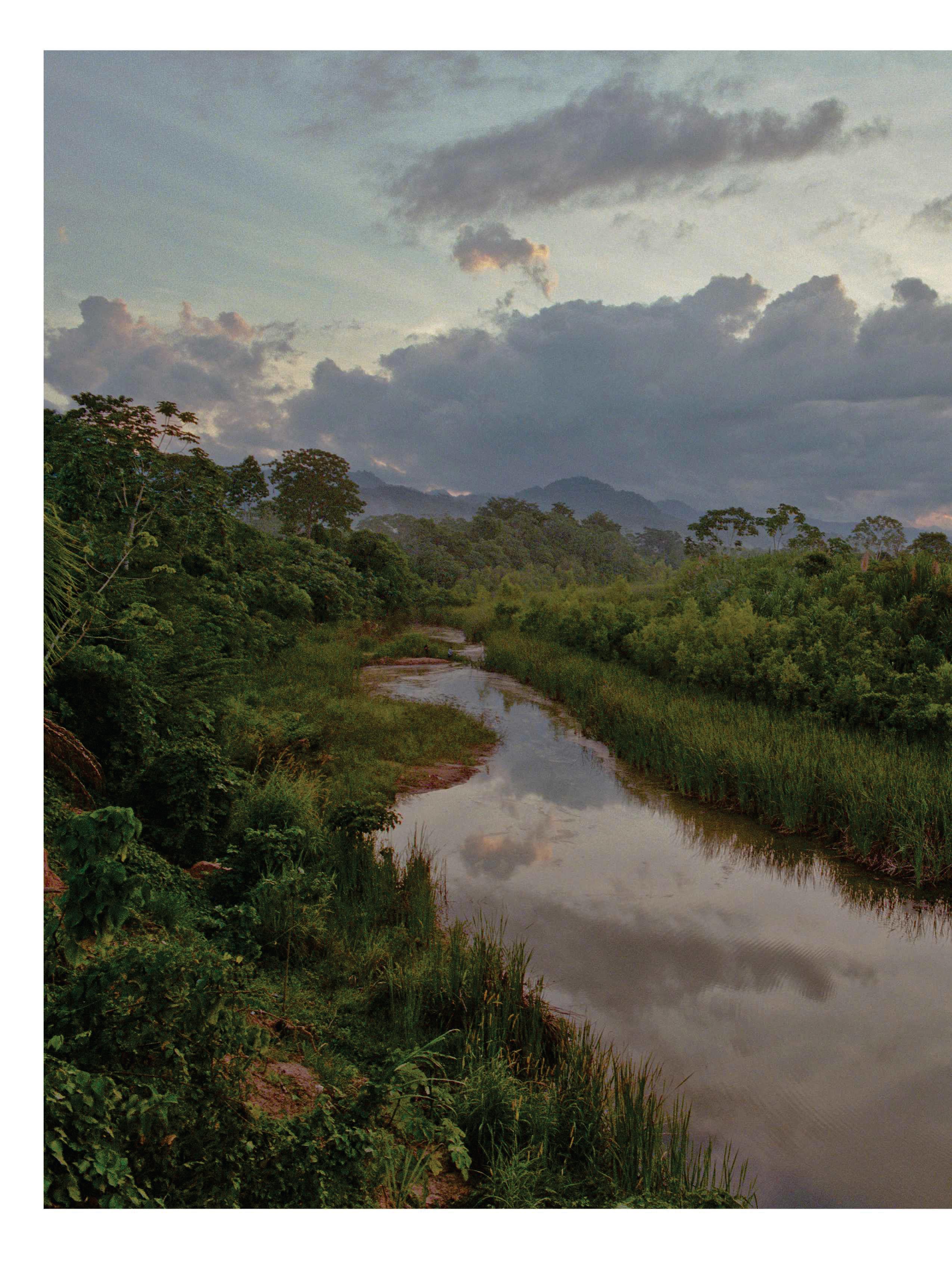Intentar ORO - Gratis
Lost Cities - FOUND
BBC Science Focus
|February 2025
When archaeologist Stéphen Rostain first started doing fieldwork in the Amazon rainforest about 40 years ago, there was very little interest in the region.

Archaeologists studying the history of the Americas before European colonisation were largely focused on the remains of pyramids and temples built by the ancient Mayas who lived in Mexico and Central America. It was believed that for the past 2,000 years or more, small, nomadic tribes had lived in the dense forests of the Amazon, but that civilisation, as we know it, had never reached them.
“We were less than 10 archaeologists working in the Amazon,” says Rostain, now director of research at the French National Centre for Scientific Research (CNRS) in Paris. “Everybody said there’s nothing to find.”
For four decades, Rostain carried out excavations of the ground in the Upano Valley, a part of the Amazon rainforest in Ecuador, painstakingly collecting evidence that seemed to prove otherwise. But his breakthrough finally came in 2021, thanks to imagery captured from the air using light detection and ranging (lidar) technology.
Lidar is like radar, but uses lasers instead of radio signals. By firing pulses of laser light, a lidar device can detect how long it takes for the pulses to be reflected back and uses that information to gauge range. Fire enough pulses at something and you can use the range information to build up a 3D picture, mapping anything the pulses are hitting. In Rostain’s case, a lidar device was attached to the belly of an aircraft that would then fly over the Upano Valley, bouncing laser pulses off the ground below. Using the information gathered during the various flights, he was able to produce high-resolution 3D maps of the area that revealed a vast network of lost cities.
“Lidar gives this magic result where you see the original landscape of the first inhabitants,” he describes. “It’s really impacting.”
When Rostain’s paper announcing his findings was published last year in 2024, it was hailed as a major discovery.
Esta historia es de la edición February 2025 de BBC Science Focus.
Suscríbete a Magzter GOLD para acceder a miles de historias premium seleccionadas y a más de 9000 revistas y periódicos.
¿Ya eres suscriptor? Iniciar sesión
MÁS HISTORIAS DE BBC Science Focus

BBC Science Focus
World's biggest cobweb is home to 100,000 spiders
Spiders don't normally create such large colonies, so there's no need to worry about finding one in your basement
1 min
February 2026

BBC Science Focus
A dementia vaccine could be gamechanging – and available already
Getting vaccinated against shingles could protect you from getting dementia, or slow the progression of the disease
1 mins
February 2026

BBC Science Focus
DATA IN SPACE
An unusual spacecraft reached orbit in November 2025, one that might herald the dawn of a new era.
7 mins
February 2026

BBC Science Focus
Climate change is already shrinking your salary
No matter where you live, a new study has found warmer temperatures are picking your pocket
4 mins
February 2026

BBC Science Focus
A MENTAL HEALTH GLOW-UP
Forget fine lines. Could Botox give you an unexpected mental health tweakment?
3 mins
February 2026
BBC Science Focus
Most people with high cholesterol gene don't know they have it
Standard testing struggles to detect the condition
1 mins
February 2026

BBC Science Focus
HOW CAN I BOOST MY IQ?
If you're serious about getting smarter, it's time to ditch the brain-training apps
4 mins
February 2026

BBC Science Focus
Humans are absolutely terrible at reading dogs' emotions
Think you can tell how our furry friends are feeling? Think again
1 mins
February 2026

BBC Science Focus
HOW TO TEACH AI RIGHT FROM WRONG
If we want to get good responses from AI, we may need to see what it does when we ask it to be evil
3 mins
February 2026

BBC Science Focus
What Australia's social media ban could really mean for under-16s
Many people think social media is bad for our kids. Australia is trying to prove it
5 mins
February 2026
Listen
Translate
Change font size
